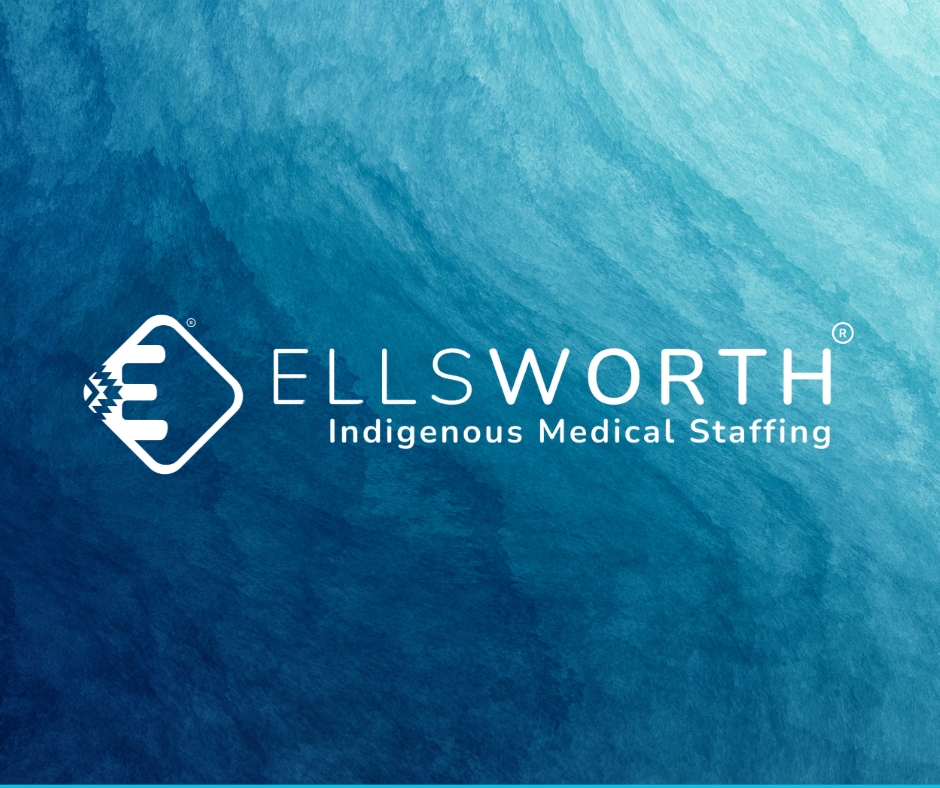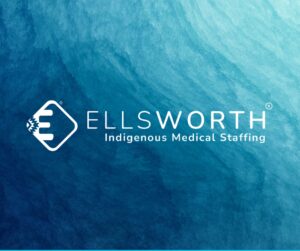Native Americans, including American Indian and Alaska Native populations, continue to face severe disparities in healthcare access and outcomes. These disparities are rooted in a history of systemic poverty, underfunding of healthcare systems, and limited access to culturally competent medical care. Understanding and addressing these disparities is critical to improving Indigenous communities’ overall health and well-being across the United States.
Persistent Healthcare Inequalities Among Native Americans
Despite healthcare being a legal right for members of federally recognized Tribes, Native American communities suffer from significantly higher rates of chronic illness, mental health issues, and substance use disorders compared to other populations in the U.S. Studies indicate that poverty is one of the core factors exacerbating these disparities, contributing to increased stress and trauma within these communities (Behavioral Health | Fact Sheets (ihs.gov). Furthermore, violence against Native American women and girls, a crisis in many Indigenous communities, only adds to the overall trauma and health complications faced by these populations (Violence-Against-Native-Peoples-Fact-Sheet.pdf (cdc.gov).
Indigenous Populations Face Limited Access to Healthcare Services
A key challenge for Native Americans is the limited access to healthcare facilities, often exacerbated by geographic isolation and poverty. Many Indigenous individuals live in rural areas or on Tribal nations where healthcare services are scarce and transportation is difficult. Additionally, only those living near Indian Health Service (IHS) facilities—often in remote locations—can access federally funded healthcare services. This makes it challenging for Native Americans who move away from their reservations for education or employment to receive timely medical care (Transportation Struggles on Native American Reservations – Native Tribe Info).
Underfunded Indian Health Services
The underfunding of the IHS is a critical issue. Per capita, healthcare spending for Native Americans through IHS is drastically lower than that for the general U.S. population. This disparity, coupled with the remote locations of IHS facilities, creates significant barriers to access (New Indian Health Service funding provides stability, but long-standing issues remain – OPB). Native Americans who do not live near IHS facilities often struggle to find alternative care, as insurance gaps further complicate their ability to receive comprehensive health services.
Education and Health Literacy: Barriers to Progress
Native Americans also face barriers to higher education and health literacy, which limits their ability to make informed healthcare decisions. The 2017 Behavioral Risk Factor Surveillance System survey found that Native Americans experience lower educational attainment and higher unemployment levels than other racial groups (Health Disparities Among American Indians/Alaska Natives — Arizona, 2017 | MMWR (cdc.gov). These barriers, coupled with social isolation, make it even harder for Native women to receive appropriate medical care, including essential services like forensic exams for prosecuting sexual assault (futureswithoutviolence.org).
Culturally Competent Care is the Path Forward
Improving healthcare outcomes for Native Americans requires a deep understanding of their cultural background and traditional healthcare beliefs. Healthcare providers who take the time to educate themselves about Indigenous cultures and traditions can deliver more effective, culturally sensitive care (Culturally sensitive care for Native American patients (okcu.edu). Federal, tribal, and state entities must collaborate to create multilevel interventions to bridge these gaps. Collaboration with tribal leaders and community representatives is essential in developing long-term solutions that ensure equitable access to quality healthcare.
Bridging the Gap in Tribal Healthcare
The United States has a legal and moral obligation to ensure high-quality healthcare services for Native Americans. Addressing the unique healthcare needs of Tribal communities requires substantial funding, culturally competent care, and strategic partnerships across tribal, state, and federal levels. By eliminating these healthcare disparities, we can work toward true health equity for Native Americans.
Join Ellsworth LLC and Help Bridge the Gap
Are you a medical professional passionate about making a difference in Indigenous communities? Join Ellsworth LLC today and create a free profile with us. Together, we can work to fill the healthcare void in Tribal nations and empower Native American youth to pursue careers in healthcare. Let’s bring culturally competent care to the forefront and ensure every Tribal citizen has access to the medical services they deserve.
Create your free profile. We look forward to helping you embark on a rewarding and adventurous career. Ellsworth LLC is proud to confirm its eligibility under the Buy-Indian set-aside ISBEE (UEI: E84NXMLHLMS5) and operates under NAICS Codes 561320 — Temporary Help Services and 621111 — Offices of Physicians, except Mental Health Specialists. Our business model and services are designed to meet these specific requirements, and our partnership with LiquidAgents Healthcare, LLC and StaffingEngine, LLC supports us. With over 22 years of combined recruiting expertise, we ensure culturally competent staffing solutions that meet the needs of healthcare professionals and organizations alike.


